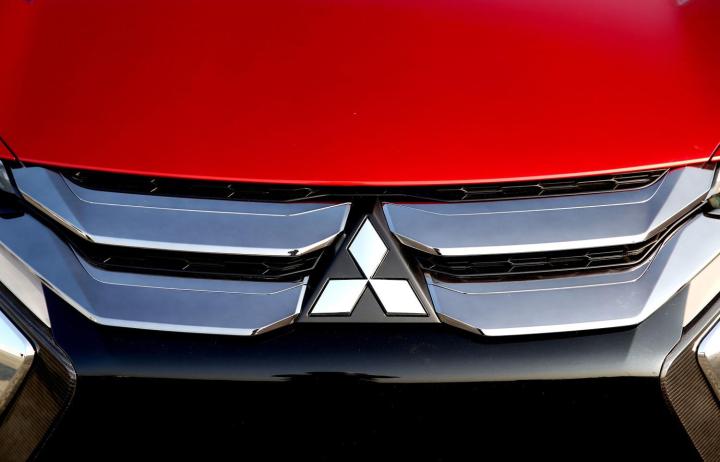
Current president Tetsuro Aikawa’s post will be filled by Mitsubishi CEO Osamu Masuko, according to the Nikkei Asian Review (via Automotive News). Masuko will reportedly handle presidential responsibilities until Nissan’s purchase of a 34 percent stake in Mitsubishi is finalized. A longer-term management change could result from the impending Nissan takeover.
Aikawa “has roots” in Mitsubishi’s product development unit, according to the Nikkei report. He is reportedly taking the blame for the scandal because the scheme to cheat on fuel economy tests originated in that division. Mitsubishi used its own testing procedures on certain models for years, yielding higher fuel economy results than would have been achieved with the testing methods mandated by the Japanese government.
Read more: GM misstates fuel economy on SUV window stickers
Mitsubishi employed a “high-speed coasting test” that produced a more favorable calculation for air resistance, which is factored into fuel economy tests. The company claims it ordered employees to stop using the illegal method in 2007, but that they continued anyway. It also claims the difference between the two testing procedures never exceeded 2.3 percent, although fuel economy ratings were reported to be as much as 5 to 10 percent higher than they should have been.
The issue was brought to light by Nissan, which sold 468,000 of the estimated 620,000 cars confirmed to have inflated fuel economy ratings under its own brand name. All models are small “kei” cars sold only in Japan. The U.S. National Highway Traffic Safety Administration subsequently requested information on fuel economy testing from Mitsubishi. The company says all of its 2013 through 2017 models comply with U.S. standards.
Last week, Nissan announced it would pay $2.17 billion for a 34-percent stake in Mitsubishi. Carlos Ghosn, CEO of Nissan and partner Renault, said the intention is to help Mitsubishi overcome the fuel economy scandal and incorporate it into the Renault Nissan Alliance. While Mitsubishi has lost its independence, it’s likely gained a future. The carmaker was in dire straits even before the scandal hit, with a small, aging lineup and no real prospects for growth.


